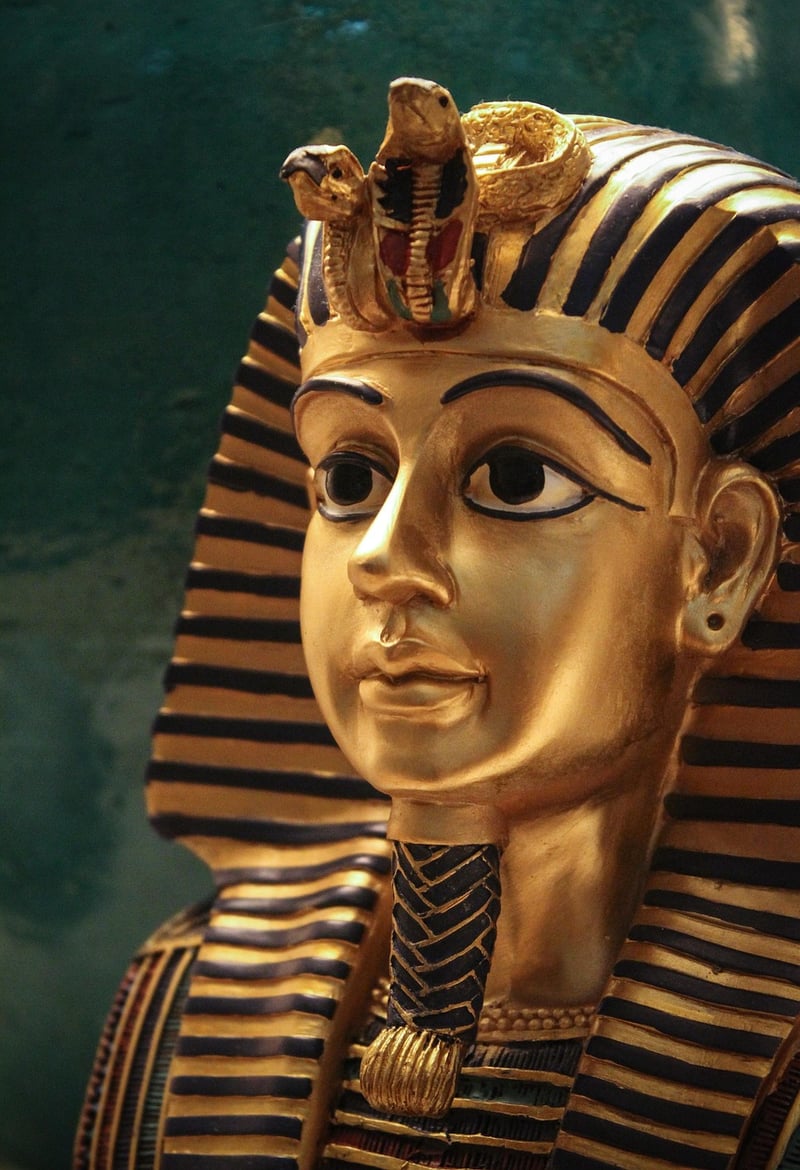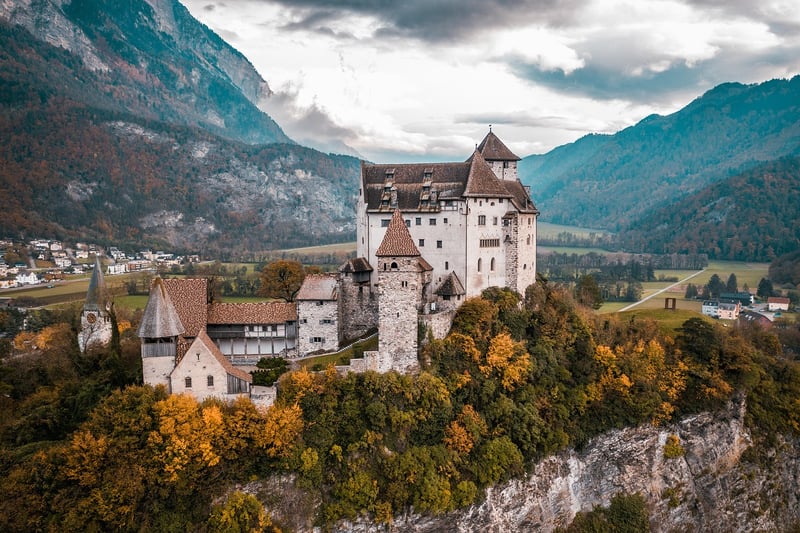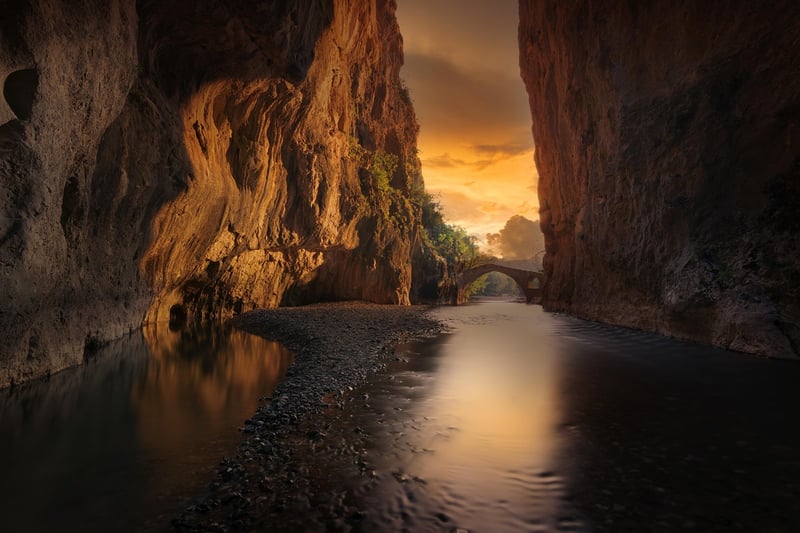Future Exploration
Exploring Different Eras and Future Exploration
Introduction
Exploring different eras in history can provide invaluable insights into the past and help us understand how societies have evolved over time. Additionally, looking towards future exploration opens up exciting possibilities for discovering new frontiers and pushing the boundaries of human knowledge.
Ancient Era
The ancient era, ranging from the dawn of civilization to the fall of the Roman Empire, was a time of remarkable developments in art, architecture, philosophy, and governance. Exploring ancient ruins such as the Pyramids of Giza or the Acropolis can transport us back in time and marvel at the achievements of our ancestors.

Medieval Era
The medieval era, characterized by knights, castles, and feudalism, saw significant advancements in technology and culture. Visiting medieval cities like Carcassonne in France or exploring the castles of Scotland can provide a glimpse into this fascinating period of history.

Industrial Era
The industrial era marked a shift towards mechanization and urbanization, leading to profound changes in society. Exploring industrial revolution sites like the Ironbridge Gorge in England or the Lowell Mills in the United States can showcase the impact of this transformative period.

Future Exploration
Looking towards the future, space exploration holds immense potential for humanity. With projects like Mars colonization and asteroid mining on the horizon, the next frontier of exploration lies beyond our planet. Exciting possibilities await as we strive to unlock the mysteries of the cosmos.
Conclusion
Exploring different eras in history provides a deeper understanding of our roots and cultural heritage. Simultaneously, future exploration challenges us to push the boundaries of what is possible and embark on new adventures. By embracing both the past and the future, we can enrich our knowledge and pave the way for generations to come.
